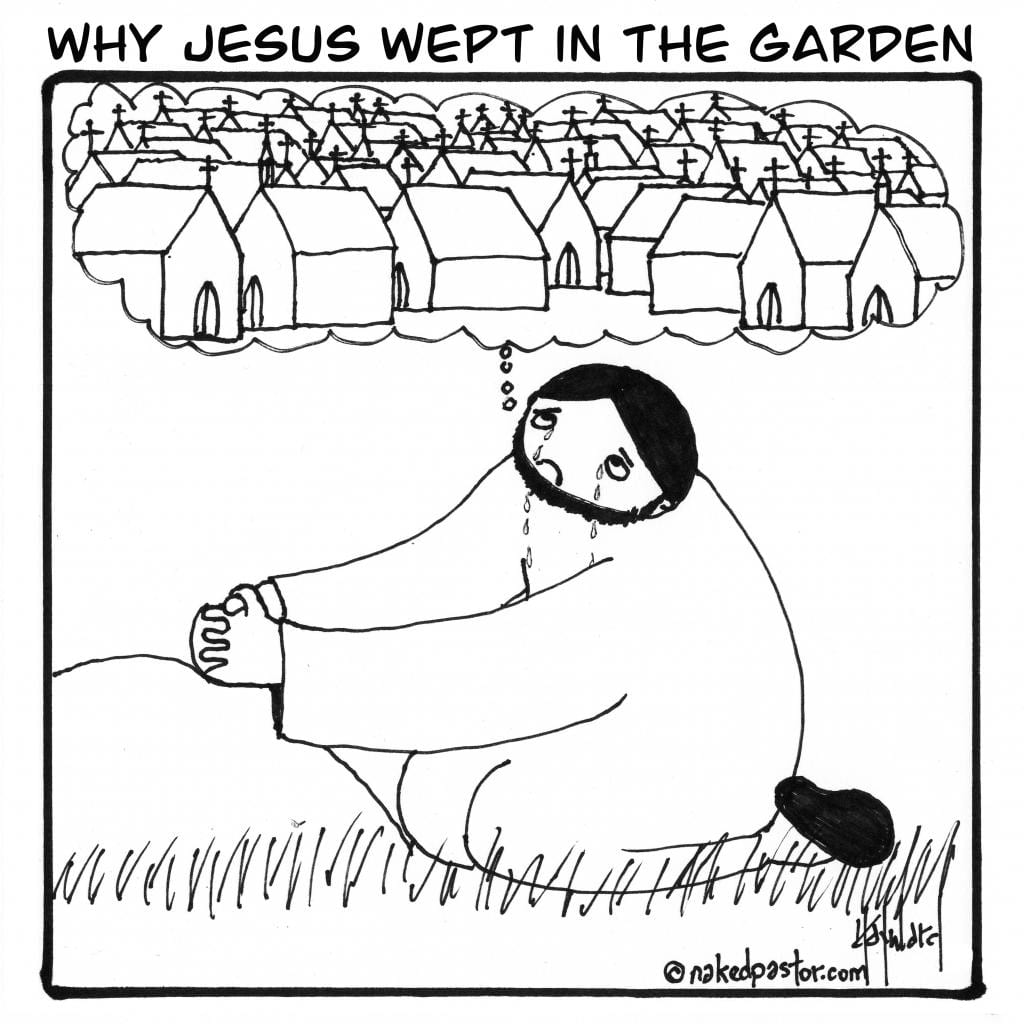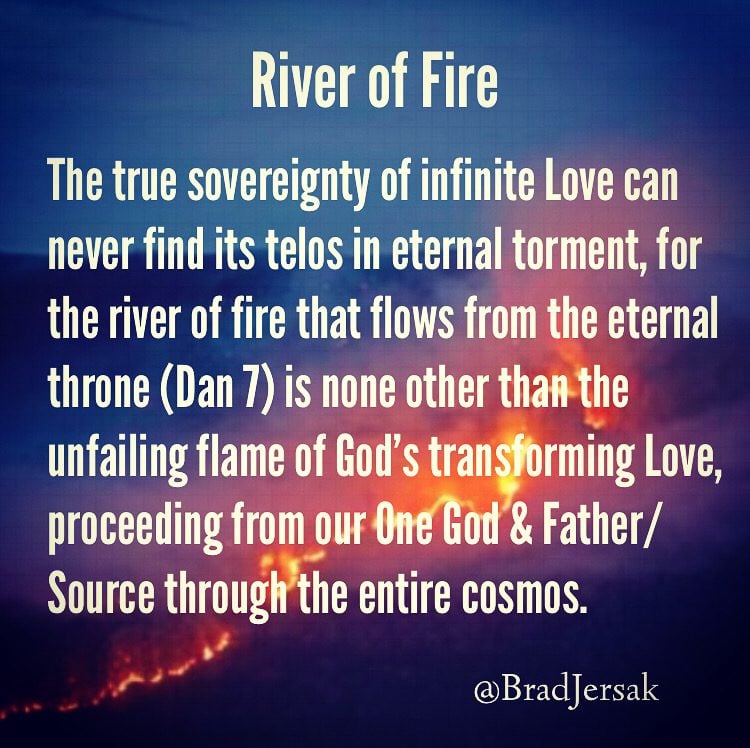 Question
Question
I have a question regarding the literality of Scripture, particularly concerning Adam and Eve in the Garden of Eden story. Like most stories from Genesis, I have generally been open to a metaphorical or symbolic—rather than literal—reading of this account. However, one particular facet of non-literal readings does trouble me somewhat. Namely, whether or not creation originally existed in a state of perfection, until it was sullied. If the story is literal, then this is certainly the case. However, if this story is to be taken symbolically, does this still allow for room to say God made the world in a state of perfection until it was brought down somehow? For me, it seems to be crucial whether or not things like sin, death, all manner of sadness and mourning, etc., entered the world at some point of fallenness, or were created as part of the world from the beginning.
I suppose this stems largely from a study of Gnosticism that I am currently doing. I have long had a tendency to be sympathetic toward a dualistic worldview, and to a point I can understand and sympathize with the Gnostic view of an Old Testament demiurge—after all, if the world is inherently fallen, then it would seem to follow that a perfectly good God would not create an inherently fallen world, filled with death, sin, and so on. In that case, it would have to be something lesser, I think, like the Gnostic demiurge. However, I do believe the world was created in a state of perfection, which does not require a demiurge craftsman, but was created by our perfect God. However, I am also inclined toward a symbolic reading of early Genesis, so what is the best way to reconcile a symbolic reading of the Garden of Eden, yet still upholding the theological view that the world was created in a state of perfection?
Response
This is such a thoughtful question and raises fascinating problems regardless of our approach. I will attempt a response without dogmatizing, recognizing that we’re in over our head and that whatever I say must be regarded as theologoumena (i.e. theological opinion), like so much of what we say about God, humanity and our world.
It’s actually a tricky question because of some of your premises, I think. The biggest is what you mean by “perfection” and how you think “the fall” changed that.
I’m assuming you’re not a young-earth creationist and that you know death existed before the fall. Because there were dinosaurs, right? And they died, right? Before Adam and Eve ate the fruit. So if by “perfect,” you mean “no death of anything, anywhere before Adam,” you’ve already run aground.
If, however, we think of God’s “good” universe (God’s word for it in Genesis 1), then we’re talking about something else, and especially something that means “good for human habitation.” The good universe, then, would include the necessary conditions of life and love. The conditions for life include natural law and the conditions for love include human freedom. Those conditions include some shadow sides that also create the necessary possibility for great affliction and even death (defined scientifically). I learned this from my studies in Simone Weil.
For example, one of the conditions for life in this universe is gravity so we don’t spin off into space. And for life on this planet, we need tectonic plates so we don’t sink into the magma. The shadow side of this is that gravity attracts the meteors that wiped out the dinosaurs. I.e. killed them. Is that perfect? I don’t know. But it seems like gravity is both necessary and good for me to live … until I walk off a cliff. And the thing about tectonic plates is that they rub up against each other, creating earthquakes and tsunamis that can swallow whole cities. This is the dark side of natural law that certainly predates human sin.
And on the love side, the pre-conditions for authentic love are human freedom. And this is what (and probably only what) the garden story is addressing. With God as the source of our life, the story describes the impact of turning from life through an act of autonomy. Humanity effectively unplugging from our source of life through self-will. And in turning or unplugging, we die, whatever that means. Something was corrupted and we began to corrode toward non-being. I like how you’ve described it in relation to human sin, sadness and mourning. The disease and dis-ease of that fruit are ultimately fatal.
We were, it seems, made for immortality by grace (not by nature) so that humanity might have been perfected at the Tree of Life (and will yet be). But we tripped badly and introduced something ugly and corrosive to our race and everything we touch.
So, this is key: Adam and Eve were not perfect. “Perfect” is humanity’s telos (completion) and includes all the fullness of what we will become in Christ (i.e. resurrected and glorified divine humans who become, by grace, become fully Christlike). Adam and Eve were not yet complete in Eden. They were, in the story, moral infants still capable of self-deception and vulnerable to temptation. Their pathway to perfection was cut off by their own willfulness, which seemed virtually inevitable, given their moral infancy. And this description shows us how Genesis 3 is not merely the story of a pair of first humans but of all humans.
So through sin, death entered the world and then through death, the power of death, the fear of death, we find ourselves drawn to sin, which is to say, every human attempt at coping with the death problem other than willing surrender to God and our death and resurrection with Christ (see Romans 5:12-19).
In that model, Paul’s model, it is not by the serpent or a fallen angel but by one man that sin entered the world. That’s the story, literal or not, but forever true because Adam = humanity = me. And now the drama of redemption is how Christ became the true human who laid out the path to our telos and walked it himself without ever unplugging from his source of Life (our heavenly Abba). Follow me, he says, and eat of me, for I AM the Tree of Life (the Cross = what Christ accomplished in his crucifixion). In so doing, we’ll be changed from glory to glory into his image, which is to say, we’ll become truly human.
This may not satisfy all your questions, but it’s at least part of the story. None of this requires the mythological Gnostic demiurge. To summarize, it’s as straightforward as understanding the potential shadow side inherent in God’s good creation … and Christ’s active commitment to the restoration of all things.












